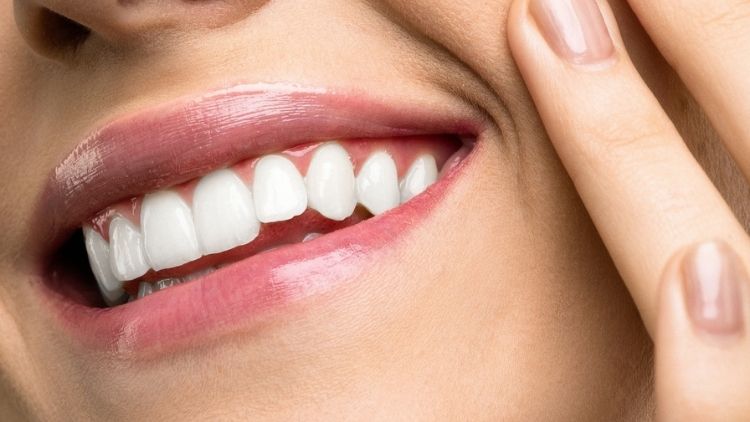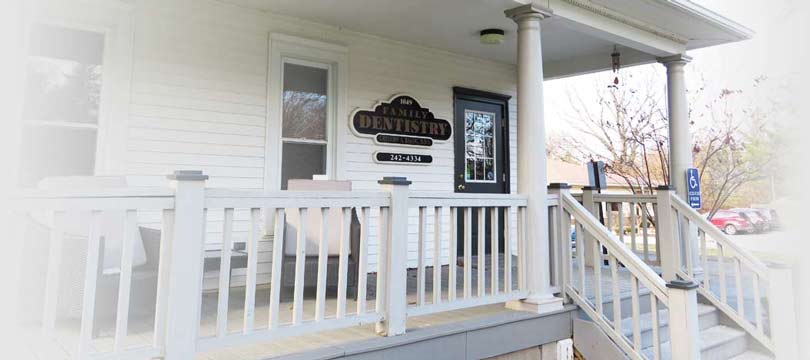
Simply put, dental veneers are a very thin and tooth-colored outer covering that are used to improve the look of your teeth by attaching to them. They are usually made from some kind of porcelain or resin-composite which are then attached to your teeth via bonding.
The process is certainly more involved than that, but that captures the overall process. Typically, veneers are most often applied to the front teeth to create a more straight and symmetrical smile.
There are two types of veneers to talk about with your dentist:
- Traditional: These veneers are usually made out of porcelain and require a more involved preparation that includes grinding down the teeth to allow for a proper placement.
- No-Prep Veneers: While these may require some tooth preparation, they are often minimal because these veneers only impact the enamel layer of the teeth.
You dentist will be able to guide you in created a veneer plan that fits your needs. While the treatment seeks to be a permanent solution to a cosmetic problem, you will still need to maintain your oral hygiene and schedule regular dental cleanings and dentist visits.
When to Get Veneers
Porcelain dental veneers have dramatically changed cosmetic dentistry. Veneers can last much longer than bonding and are helpful in resolving a variety of cosmetic issues such as:
- Re-shape teeth that are misaligned
- Eliminate stains that won’t come out with teeth whitening procedures
- Fix gaps between teeth
- Long-term fix for teeth that are chipped, fractured, crooked or broken
For more about deciding if dental veneers are right for you, click here.
The Veneer Procedure
We start the veneer process by removing a very small amount of tooth structure. We then take an impression that we send to the lab to create your custom veneers. We will provide you with temporary veneers until your permanent veneers arrive. Keep in mind, temporary veneers are very fragile and must be treated delicately. Once your permanent veneers arrive they are bonded to your teeth. Learn more about the veneer procedure here.
Tips for Maintaining Your Veneers
- Don’t chewing on hard objects (finger nails, pens, straws, etc.)
- Don’t open packages or bottles with your teeth
- Since veneers are mostly on the front teeth, try eating hard foods with your back teeth only
- Get a bite guard if you clench your jaw at night
- Always wear a mouth guard when playing sports

 Request an Appointment
Request an Appointment